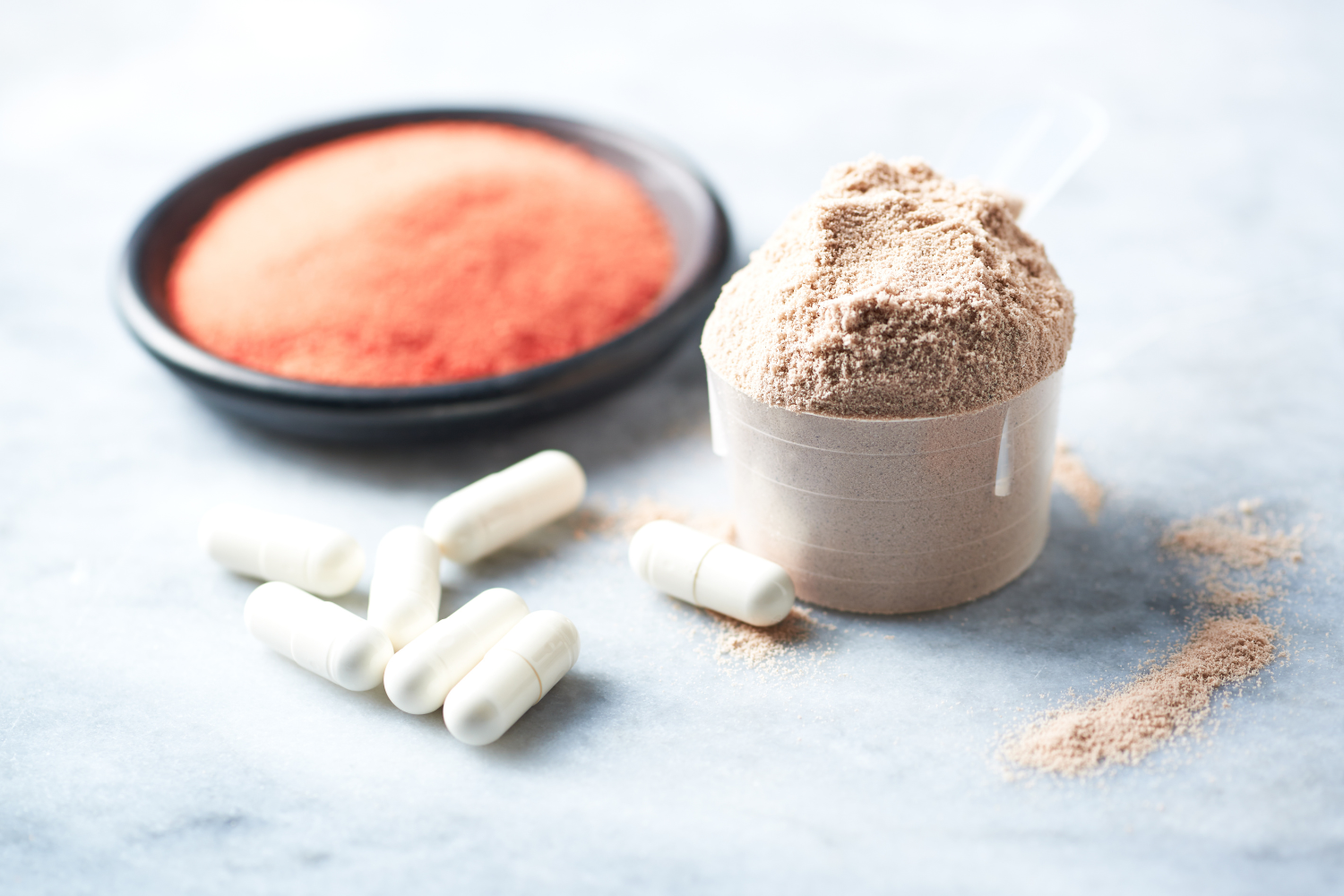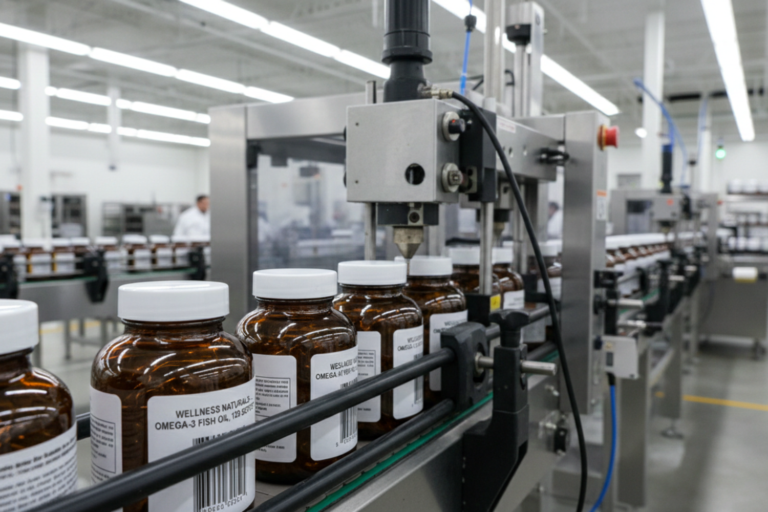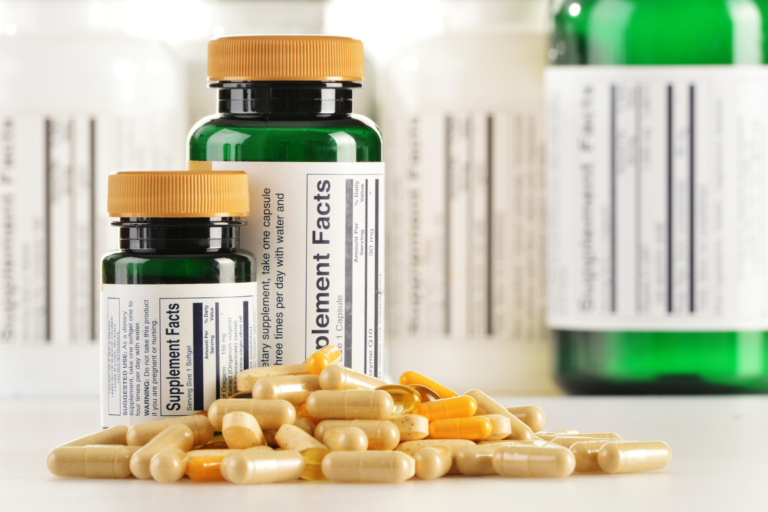The bodybuilding supplement market is highly competitive, but creating your own line of products offers a unique opportunity to stand out with tailored solutions for athletes and fitness enthusiasts. By making your own bodybuilding supplements, such as pre workout supplements or protein powders, you can control ingredients, eliminate unnecessary additives, and focus on health benefits like muscle growth, improved exercise capacity and performance, and muscle recovery.
Customizing products like pre workout supplement drinks or complete protein sources allows you to cater to specific goals, whether for resistance training, endurance athletes, or muscle protein synthesis. In this guide, we’ll explore the steps to formulate, produce, and market your own pre workout supplement or protein blend, ensuring your brand thrives in the supplement industry.

1. Benefits of Making Your Own Bodybuilding Supplements
Creating your own bodybuilding supplements offers several advantages, from controlling ingredient quality to standing out in the competitive fitness industry. Here’s how it can benefit your business.
Control Over Ingredients and Quality
Why It Matters: Custom supplements allow you to carefully select ingredients to ensure purity, potency, and quality.
- Avoid Fillers and Additives: Provide clean, effective supplements without unnecessary additives or low-quality fillers.
- Improved Safety and Potency: Careful ingredient sourcing helps create products that meet high-quality standards.
- Cater to Specific Needs: Offer athletes supplements tailored for muscle recovery, muscle endurance, and muscle protein synthesis.
Tailored Formulations for Specific Fitness Goals
Different bodybuilding goals, like muscle gain, endurance training, or fat loss, require specific nutrients. By making your own supplements, such as pre-workout energy or muscle repair, you can tailor products for distinct needs.
For example, you could create your own pre-workout supplement with branched-chain amino acids (BCAAs) and creatine monohydrate, which are commonly used in supplements aimed at muscle recovery and strength training. Customized formulations allow you to address niche needs effectively, enhancing exercise performance and supporting athletic goals.
Brand Differentiation in a Crowded Market
The supplement industry is highly saturated, but unique, well-designed products help your brand stand out.
- Targeted Solutions: Highlight specific benefits like vegan protein powders or stimulant-free pre-workout supplement options.
- Niche Marketing: Appeal to endurance athletes or bodybuilders with formulations designed for their needs.
- Premium Branding: Emphasize high-quality, clean-label ingredients to build trust and loyalty.
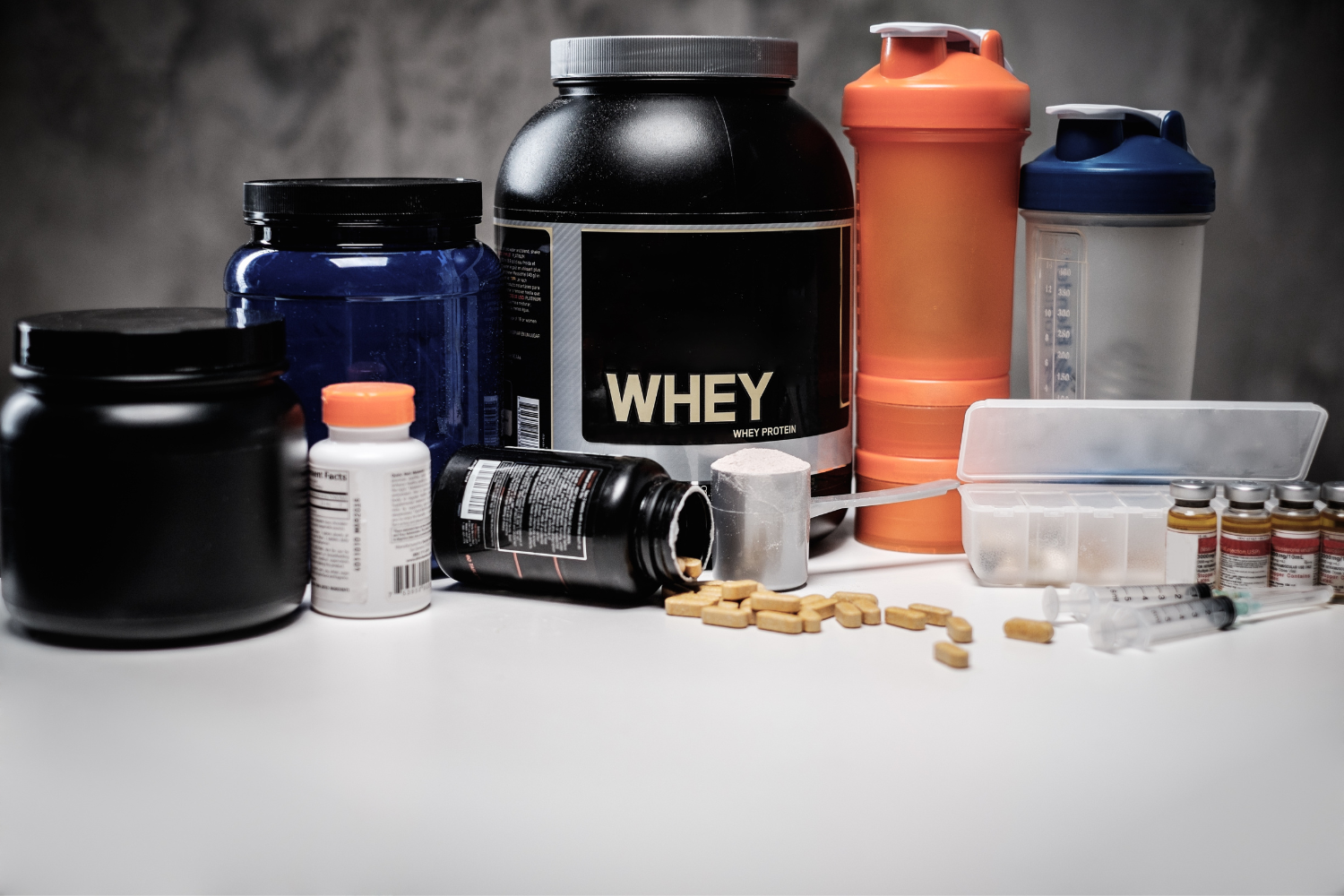
2. Steps to Make Your Bodybuilding Supplements
Creating bodybuilding supplements involves strategic planning and quality-focused decisions. Here’s a step-by-step process to guide you.
Identify Your Target Audience and Niche
Why It’s Important: Knowing your audience ensures your products meet their needs and stand out in the market.
Steps to Take: Research the bodybuilding community to identify gaps. For example, you might find a demand for all-natural muscle-building supplements, pre-workout supplement options designed for women, or clean-label pre-workout drink solutions and protein powders without artificial ingredients. Focus on addressing these specific needs.

Choose Your Supplement Type
Bodybuilding supplements come in various forms, each serving unique purposes.
Popular Bodybuilding Supplement Types:
- Protein Powders: This pre workout drink is aid in muscle recovery and growth.
- Pre-Workout Supplement Formulas: Boost energy, endurance, and focus during training.
- Post-Workout Recovery Blends: Promote muscle repair and reduce muscle soreness.
- Creatine & BCAAs: Enhance strength, power, and recovery.
Select High-Quality Ingredients
Why Ingredient Selection is Crucial: The effectiveness of bodybuilding supplements depends on using well-researched ingredients with proven benefits.
Common Ingredients for Bodybuilding:
- Whey Protein: A fast-absorbing complete protein source popular in muscle growth and recovery formulations.
- Creatine Monohydrate: Enhances strength and power for resistance training.
- BCAAs: Reduce muscle soreness and promote recovery.
- Caffeine: Aids focus and energy during pre-workout sessions.
- Beta-Alanine: Frequently included in supplements designed to address muscle fatigue and enhance endurance.
- L-Arginine or Citrulline: Often included in pre-workout supplements associated with muscle pumps and blood flow support
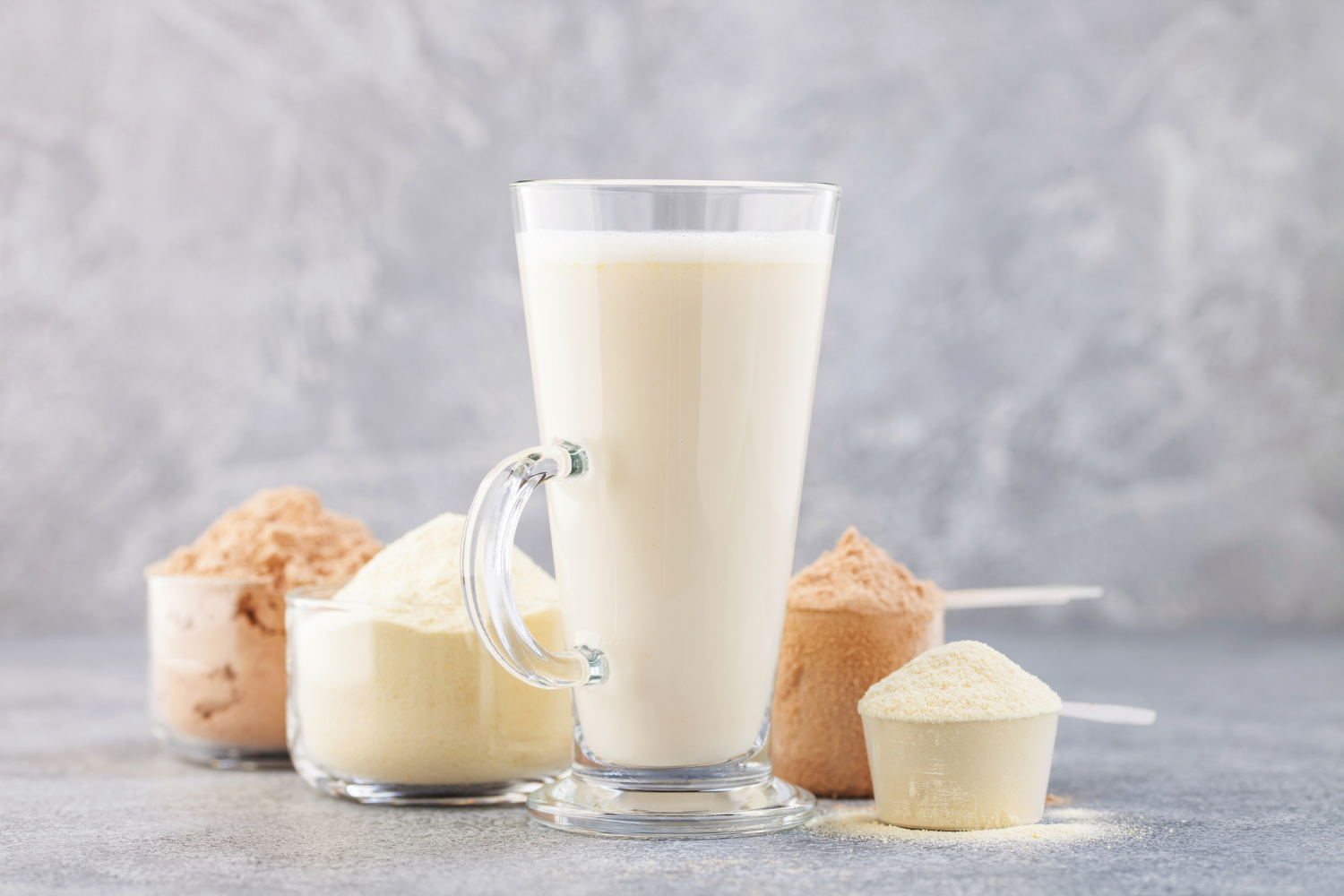
Find a Reliable Supplement Manufacturer
Why It’s Important: Partnering with a reputable manufacturer ensures your supplements meet quality standards and are produced safely.
What to Look For: Choose a manufacturer that complies with cGMP standards, offers third-party testing, and specializes in creating custom formulations. Many supplement companies also provide private labeling, making it easier to brand your products.
Work with a Formulation Expert
Why You Need an Expert: Formulation experts help you create a product that is both effective and safe by optimizing ingredient doses and combinations.
Pro Tip: Collaborating with a nutritionist or supplement formulator ensures your pre-workout supplements or protein product aligns with the latest nutrition research and meets the needs of your target audience.

Packaging and Labeling Considerations
Compliance with FDA Regulations: Your labels must include accurate ingredient lists, health disclaimers, and recommended dosages. Following these guidelines builds trust and ensures your products meet regulatory standards.
Packaging Tips: Use premium packaging to reflect the quality of your product. Opt for eco-friendly options to attract environmentally conscious consumers and differentiate your brand in the fitness industry.

3. How to Ensure Product Quality and Safety
Ensuring quality and safety is crucial for building customer trust and standing out in the competitive supplement industry. Here’s how to get it right.
Ingredient Sourcing and Testing
Why It Matters: High-quality supplements begin with premium ingredients. Partner with reputable suppliers who can provide documentation verifying the purity and potency of essential components like whey protein, creatine monohydrate, and branched-chain amino acid. Reliable sourcing ensures your products meet safety standards and deliver promised health benefits.
Pro Tip: Use third-party testing to verify ingredient quality and confirm that your finished products are free from contaminants and unnecessary additives. This step reassures consumers and upholds your brand’s reputation for excellence.
Compliance with Supplement Regulations
FDA Requirements: Following FDA guidelines is important for proper labeling and marketing of dietary supplements. Ensure your packaging includes accurate ingredient lists, recommended dosages, and any necessary health disclaimers. To stay compliant, avoid making unverified claims about athletic performance or muscle growth.
Third-Party Certifications: To build trust with athletes, consider certifications like NSF Certified for Sport or Informed-Sport. These certifications confirm that your supplements are free of banned substances and meet the highest safety standards, making them suitable for professional and amateur athletes alike.
4. Marketing and Selling Your Bodybuilding Supplements
To succeed in the supplement industry, you need a solid marketing strategy that builds your brand and reaches your target audience.
Build Your Brand Identity
Why It’s Important: Your branding should convey the unique benefits of your supplements, appealing to bodybuilders and fitness enthusiasts.
Steps to Take:
- Design a logo and packaging that reflect strength, performance, and quality.
- Highlight your product’s USPs, like natural pre-workout ingredients, tailored formulas, or advanced muscle recovery benefits.
- Use branding to build trust, focusing on your clean and effective ingredient choices.
Leverage Digital Marketing Channels
SEO and Content Marketing: Optimize your website with keywords like “own pre-workout supplement” and “build muscle.” Publish articles that educate your audience about ingredients like beta-alanine or the benefits of whey protein for muscle recovery.
Influencer Marketing: Partner with fitness influencers who can showcase your supplements in real-world training sessions. Their endorsements can boost your credibility and reach.
Social Media: Platforms like Instagram and TikTok are perfect for demonstrating your product’s benefits. Post workout tips, supplement facts, and customer testimonials to connect with your audience.
Sell Your Supplements Online
E-commerce Platforms: Platforms like Shopify and Amazon make it easy to sell bodybuilding supplements while reaching a broad audience. These sites handle much of the logistical side, allowing you to focus on marketing and branding.
Direct-to-Consumer Website: Create your own branded website for greater control over the shopping experience. This approach can increase profit margins and allow for personalized engagement with your customers.

5. Key Ingredients to Include in Your Bodybuilding Supplements
The effectiveness of bodybuilding supplements relies on the inclusion of proven, high-quality ingredients. Here are the essentials to consider.
Protein Blends (Whey, Casein, Plant-Based)
Why It’s Important: Protein is vital for muscle growth and repair, making it the foundation of most bodybuilding supplements.
Formulation Tip: Combine whey and casein for a time-released protein blend. Whey protein absorbs quickly for immediate recovery, while casein provides sustained support for muscle growth and repair throughout the day.
Creatine Monohydrate
Why It’s Popular: Creatine supplementation has been extensively studied and shown to enhance strength, muscle mass, and overall performance during resistance training.
Formulation Tip: Use creatine monohydrate for its affordability and proven results. For a premium option, consider micronized creatine for better absorption and reduced gastrointestinal discomfort.
Branched-Chain Amino Acids (BCAAs)
Why It Works: BCAAs, which include essential amino acid variations like leucine, isoleucine, and valine, are commonly used in supplements aimed at muscle growth and recovery and managing exercise-related soreness. These essential amino acids also boost muscle protein synthesis, making them ideal for pre-workout or post-workout supplements.
Beta-Alanine and Caffeine
Why Athletes Love It: Beta-alanine is often included in supplements designed to support endurance during intense workouts. Caffeine is a popular ingredient in supplements formulated for focus and energy during training.
Formulation Tip: Balance consuming caffeine intake to prevent jitteriness, especially for stimulant-sensitive consumers. Pair with common pre-workout ingredients like green tea extract for added antioxidant properties and natural energy.
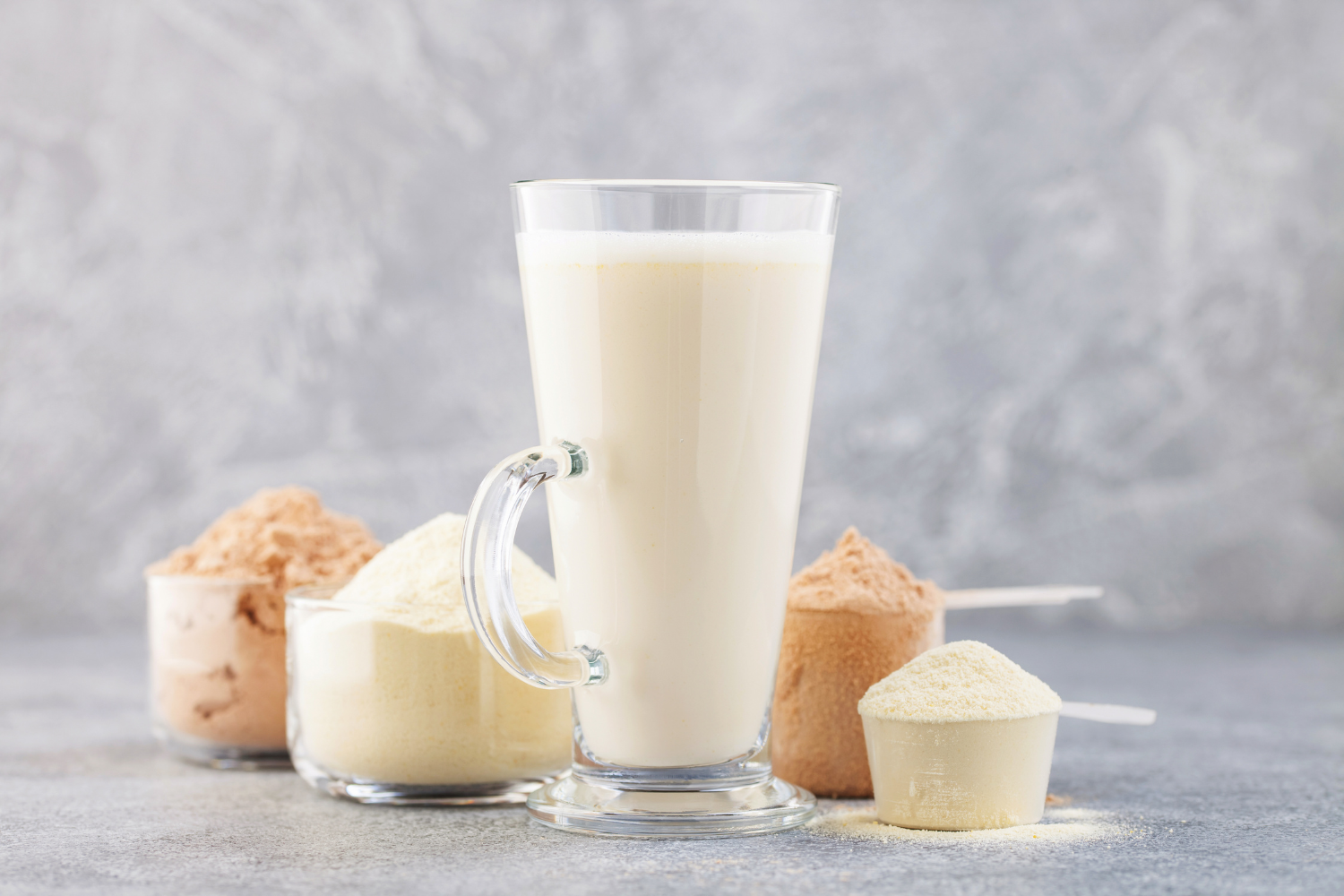
How to Successfully Make Your Bodybuilding Supplements
Making your own bodybuilding supplements empowers you to deliver products tailored to your audience’s unique fitness goals while maintaining complete control over ingredients, quality, and branding. Following the steps outlined in this guide ensures you create safe, effective products that resonate with your target market, whether you’re formulating a premium protein powder or a high-performance pre-workout supplement. By focusing on quality and differentiation, you can establish your brand in the competitive bodybuilding supplement industry and build long-term success.
Frequently Asked Questions
How much does it cost to make custom bodybuilding supplements?
The cost depends on factors like ingredient quality, manufacturing volume, and packaging. Working with a reliable manufacturer can help you manage costs effectively.
Do I need FDA approval to sell bodybuilding supplements?
You don’t need FDA approval, but your supplements must comply with FDA regulations regarding labeling, safety, and health claims.
What are the best ingredients to include in bodybuilding supplements?
Popular ingredients include whey protein, creatine, BCAAs, beta-alanine, and caffeine. These are well-researched for their effectiveness in muscle growth, muscle building, and performance enhancement.
How do I ensure my bodybuilding supplements are safe?
Work with a manufacturer that follows cGMP standards and consider third-party testing for quality assurance and consumer safety.
Can I sell bodybuilding supplements online?
Yes, selling bodybuilding supplements online is a highly effective way to reach customers. Platforms like Shopify, Amazon, and WooCommerce are popular for supplement businesses.
References
- National Institutes of Health, Office of Dietary Supplements. (n.d.). Dietary Supplement Fact Sheets. https://ods.od.nih.gov/factsheets/list-all/
- National Institutes of Health, Office of Dietary Supplements. (2023). Dietary Supplements: What You Need to Know – Consumer. https://ods.od.nih.gov/factsheets/WYNTK-Consumer/
- U.S. Food and Drug Administration. (2024). Dietary Supplements. https://www.fda.gov/food/dietary-supplements
- U.S. Food and Drug Administration. (2024. Dietary Supplements Guidance Documents & Regulatory Information. https://www.fda.gov/food/guidance-documents-regulatory-information-topic-food-and-dietary-supplements/dietary-supplements-guidance-documents-regulatory-information
- U.S. Food and Drug Administration. (2022). FDA 101: Dietary Supplements. https://www.fda.gov/consumers/consumer-updates/fda-101-dietary-supplements
- National Institutes of Health, Office of Dietary Supplements. (n.d.). Nutrient Recommendations and Databases. https://ods.od.nih.gov/HealthInformation/nutrientrecommendations.aspx
